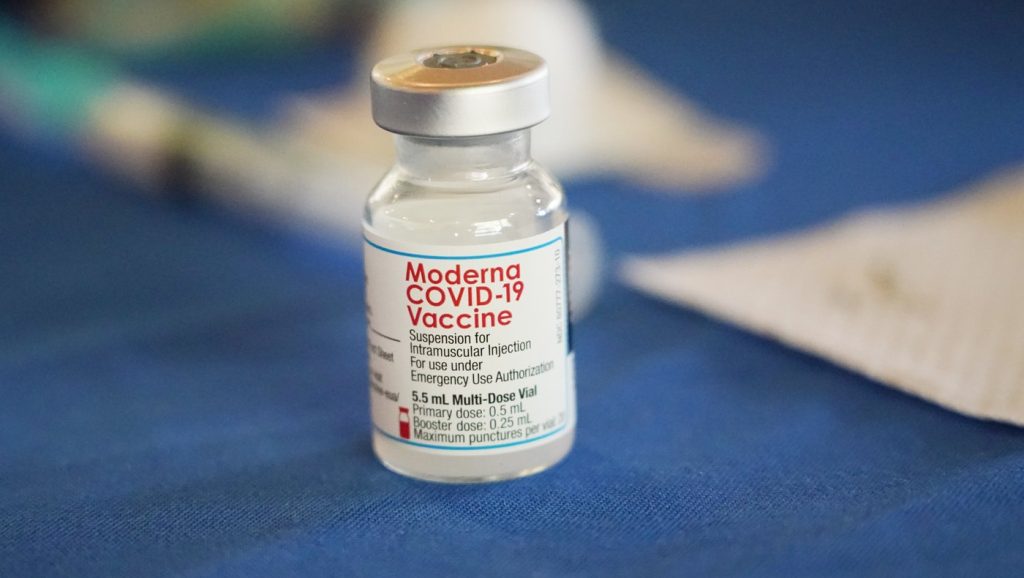The quest for a combination vaccine targeting both influenza and COVID-19 has made significant strides, with Moderna reporting promising results from a recent study. The findings indicate that the new messenger RNA (mRNA) combo shot generates a stronger immune response against COVID-19 and most flu strains compared to existing standalone vaccines, particularly in individuals aged 50 and older. However, U.S. government regulators are requesting further data to verify the vaccine's effectiveness in preventing illness.
The study, published on Wednesday, highlights that side effects reported included pain at the injection site, fatigue, and headaches. Moderna previously shared an overview of the trial conducted with 8,000 participants, emphasizing the potential of mRNA technology not only in COVID-19 and respiratory syncytial virus (RSV) vaccinations but also for influenza. The company posits that mRNA could facilitate faster production of flu vaccines compared to traditional methods that utilize chicken eggs or large cell cultures. Moreover, a combined vaccine could enhance overall vaccination rates, according to the researchers.
Dr. Greg Poland, a vaccine response expert at Mayo Clinic and not associated with this study, has expressed skepticism regarding the widespread acceptance of a combo vaccine. He pointed out the differing seasonal patterns of flu and the year-round circulation of COVID-19, which could complicate optimal timing for vaccinations to maintain effective protection against both viruses. Poland emphasized the importance of obtaining data that substantiate the vaccine's capacity to protect individuals from infection and hospitalization, rather than solely analyzing antibody levels.
For the current findings, researchers measured antibody levels in participants' blood 29 days post-vaccination, which serve as an indicator of short-term protection against disease. However, the Food and Drug Administration (FDA) has raised the bar in evaluating the new vaccine, pushing Moderna’s target approval date to 2026. This alteration in timeline stems from the FDA's request for more direct evidence demonstrating how effectively the vaccine reduces disease risk.
Dr. Poland concurred with the FDA’s stance, underscoring the necessity of efficacy data in assessing the vaccine's potential. As discussions surrounding mRNA vaccines continue, Health Secretary Robert F. Kennedy Jr. has expressed concerns about their safety. In contrast, Moderna’s President Stephen Hoge reassured investors in a recent earnings call that dialogues with the FDA were constructive and that operations remain "business as usual."
Furthermore, Novavax announced last week that the FDA has requested the company to conduct a new clinical trial for its protein-based COVID-19 vaccine following the agency's full approval. This development has introduced a degree of uncertainty regarding updates to other vaccines in the pipeline. The evolving landscape of vaccine research remains dynamic, with both opportunities and challenges present as developers seek to address public health needs during and beyond the ongoing pandemic.












